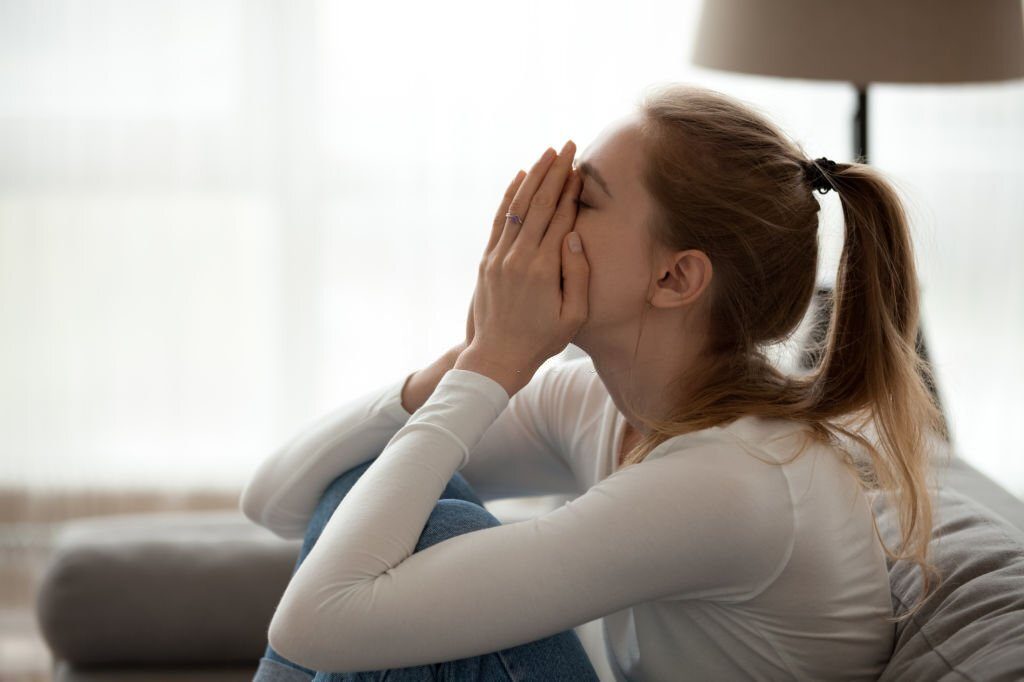Understanding Anxiety:
While conventional healthcare often relies on psychoactive drugs to alleviate anxiety symptoms by targeting neurotransmitter signalling, these treatments may fall short of addressing the underlying causes of anxiety. Research suggests that hormonal and metabolic imbalances play a significant role in the development and persistence of anxiety disorders. Often overlooked by mainstream physicians, these imbalances can contribute to the ineffectiveness of conventional treatments, leading to a low success rate.
Recognising and addressing underappreciated risk factors, such as elevated homocysteine levels and sex hormone imbalances, is essential in developing effective treatment regimens for anxiety disorders. Natural remedies, including nutrients like omega-3 fatty acids and magnesium and adaptogenic herbs such as Rhodiola, have shown promise in optimising the body's stress response mechanisms and supporting healthy neurological communication. Compounds like B vitamins and amino acids also provide essential raw materials for proper neurotransmitter synthesis and signalling, aiding in symptom relief.
It's noteworthy that anxiety disorders often coexist with depression, and both conditions may share common underlying causes, such as hormonal imbalances. Women are particularly susceptible to anxiety disorders, with statistics showing they are twice as likely as men to suffer from generalised anxiety disorder. Factors like hormonal fluctuations during menstruation, menopause, and pregnancy may contribute to the onset and severity of anxiety symptoms in women. By understanding these connections and addressing hormonal imbalances naturally, individuals can find relief from anxiety symptoms and improve their overall well-being.
Risk Factors Associated with Anxiety:
Various factors increase the risk of anxiety disorders, including gender, age (especially between 10 and 25), childhood experiences like shyness or bullying, genetics, lack of social connections, trauma, and certain medical conditions. Anxiety disorders often occur alongside other health issues like depression and cardiovascular diseases, making coping with stress more difficult.
Homocysteine, linked to mood regulation, rises with decreased B-vitamin levels, affecting neurotransmitter synthesis and potentially leading to mood disorders. Studies suggest high homocysteine levels correlate with mood changes, including PTSD duration. Genetic abnormalities can also elevate homocysteine levels. Supplementing with homocysteine-lowering B vitamins may help alleviate anxiety symptoms.
S-adenosylmethionine (SAM-e), supporting neurotransmitter formation, shows promise in treating depressive disorders. Maintaining homocysteine levels below 7 μmol/L aids neurotransmitter metabolism and may help balance mood during times of stress, depression, and anxiety.
Different Anxiety Disorders:
Anxiety disorders encompass various conditions characterised by excessive worry, fear, and apprehension, often accompanied by physical symptoms. Here is a summary of the various anxiety disorders you may come accross:
Disorder | Description |
|---|---|
Generalised Anxiety Disorder | - Characterised by constant worry and tension without a specific trigger. - Symptoms include excessive concern about health, finances, work, insomnia, and poor concentration. - Diagnosis based on exhibiting three or more symptoms for at least six consecutive months. |
Panic Disorder | - Involves sudden attacks of fear and impending doom, accompanied by physical symptoms like elevated heart rate and chest pain. - Panic attacks can be triggered by past traumas and may lead to agoraphobia. - Diagnosis requires recurrent, unexpected attacks followed by persistent concern or behavioural changes. |
Obsessive-Compulsive Disorder | - Features persistent, upsetting thoughts (obsessions) leading to ritualistic actions (compulsions) to alleviate anxiety. - Examples include excessive handwashing due to fear of germs. - Diagnosis involves distressing repetitive behaviours interfering with daily life, often accompanied by other disorders like depression. |
Phobia | - Inexplicable and unjustifiable fears, such as specific objects or situations. - Social phobia involves chronic fear of embarrassing oneself in social situations, leading to avoidance and physical symptoms like sweating and nausea. - Diagnosis based on persistent fear causing avoidance or extreme anxiety in social situations. |
Post-Traumatic Stress Disorder | - Arises from experiencing or witnessing traumatic events, leading to nightmares and flashbacks. - Symptoms include hypersensitivity, detachment, and memory loss related to the traumatic event. - Diagnosis involves persistent re-experiencing of the trauma and symptoms lasting more than one month. |

